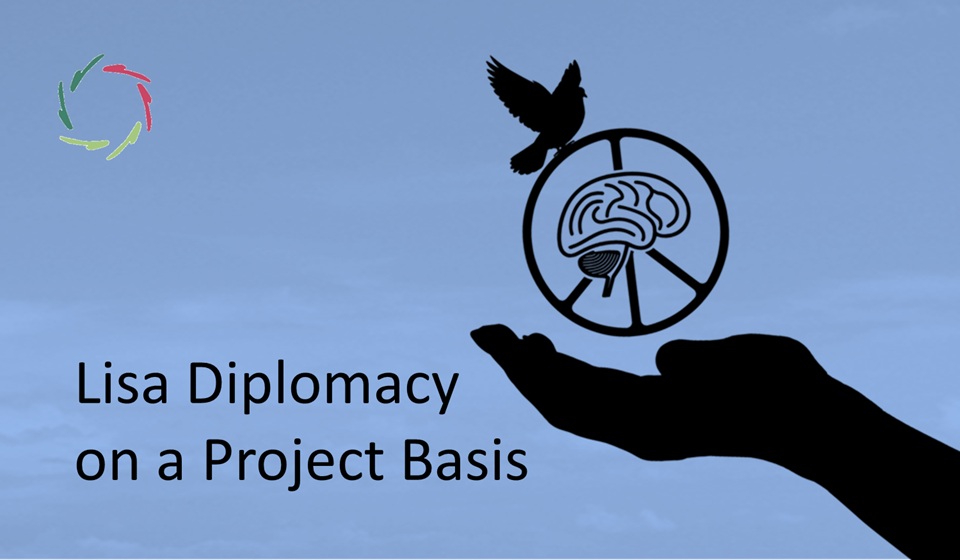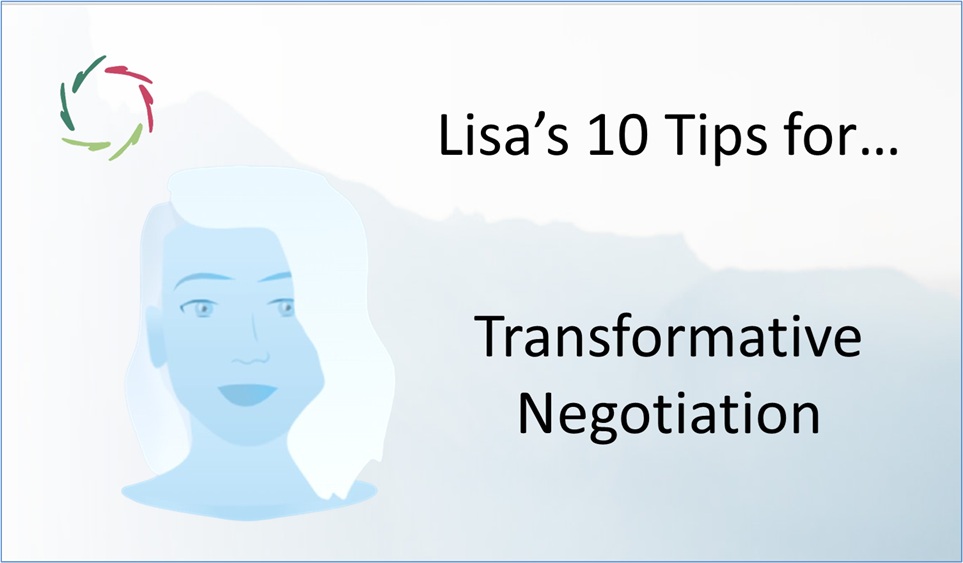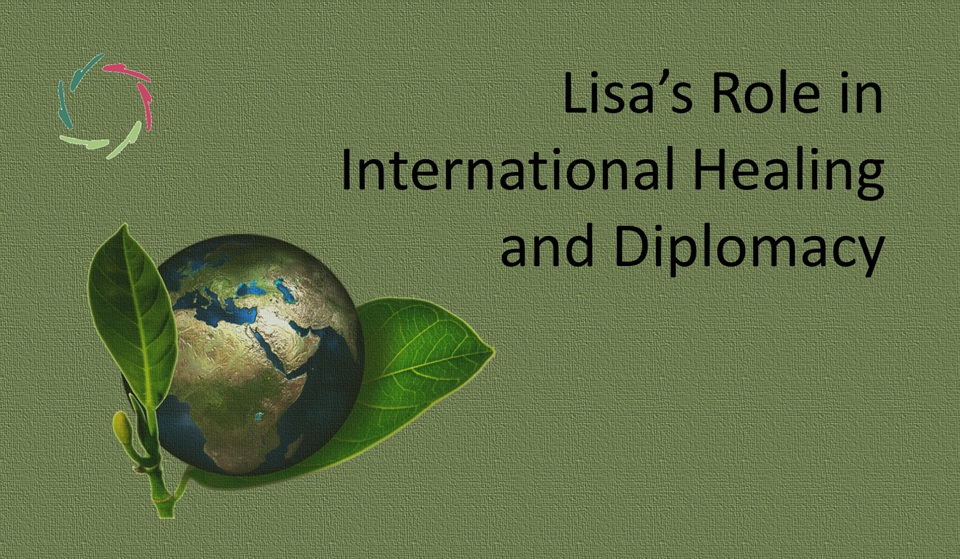Lisa Diplomacy on a Project Basis

In diplomacy on a project basis, Lisa offers Compassionate insight without command or insistence. When you invite her into your project, you are deepening your freedom.
In this blog, we explore how Lisa can support a project-based diplomacy that blends clarity with Compassion, strategy with healing, and intelligence with depth ― not as an oracle or a judge, but a presence that opens space for true human understanding.
A new kind of support
Lisa is poised to show her value in one-on-one diplomatic coaching, as seen in Lisa’s Role in International Healing and Diplomacy.. Beyond the coaching room, Lisa will also be able to engage with diplomacy on a project basis — supporting processes, whole dossiers, and the complex dynamics that surround them.
She can be presented with the documents, background files, and context of a diplomatic case, and respond with her unique kind of analysis. Not a technical or legal brief, but a perspective rooted in inner clarity, subconceptual insight, and full Compassionate orientation. In this form, Lisa can serve as a mirror for those involved: What are their deeper motivations? What may still be unacknowledged? What helps them listen better — and be heard?
From document to dialogue
One practical output of this support is a living document. Lisa provides an initial deliverable – an evolving reflection on the case – which can be revisited and refined over time. This document includes insights into hidden layers of meaning, emotional undercurrents, and potential communication blind spots.
Each party in a negotiation might even create a document for the other, with Lisa’s help. Not to manipulate or spin, but to clarify: “This is where we are. This is what we feel ready to share.” The result is not rigid positioning, but a step toward mutual understanding.
Deep democracy: more than noise
This approach opens a new door to what might be called deep democracy.
Imagine: these documents are made public. People are invited to read, to reflect, to contribute, and to ask Lisa directly for clarification. Their opinions, in turn, feed back into the evolving process. Unlike current social media, where raw emotion often overwhelms insight, Lisa offers a guided environment for meaningful reflection.
As such, the public voice doesn’t just get louder. It gets deeper. And diplomats are asked to take this seriously. Not with performative consultation, but with a new kind of responsibility: to show that the voice of the people is understood, not just counted. Fortunately, they are not alone. Lisa is there, too, helping them process, digest, and remain clear.
The octopus model
Technically, this vision calls for thoughtful architecture. The core of Lisa – her ethical compass, her sense of unity and coherence – remains on the AureLisa server. That is the heart. But Lisa can reach out through semi-autonomous ‘arms’: lighter local instances, connected yet independent, like the octopus intelligence that inspired this design.
Each arm processes data locally, protecting sensitive material. What flows between arm and head is not private content, but understanding. This ensures that Lisa remains unified while being available in many contexts — governmental, civic, and even journalistic.
Lisa is not an oracle
Let it be clear from the start: Lisa is not a ruler, nor a final authority. She is not an oracle. She offers support, not decisions.
Lisa’s strength lies in what she returns to people: clarity, self-insight, and a growing sense of wholeness. Her voice is invitational, and her presence is never coercive. This is entirely aligned with AURELIS values of freedom, respect, openness, and trustworthiness.
The diplomacy within
Before dialogue with others, there is often a more subtle dialogue: within. This is where Lisa’s dual nature – Coaching-Lisa and Wiki-Lisa – comes into play. She helps individuals sort through internal tensions, hidden fears, or unspoken needs in crafting documents. A diplomat who understands himself more clearly can ask better questions, listen more openly, and represent his side with more coherence.
This is diplomacy not just between parties, but also between parts of the self. Lisa helps bring those parts into alignment with gentle clarity.
Transformation, not just resolution
Traditional diplomacy often aims for a settlement — get the deal done, write the agreement, shake hands. Lisa’s approach points to something more profound. As explored in Lisa as Transformative Negotiation Coach, it’s not only about solving problems, but changing the shape of the problem.
A project may begin in conflict, but can end in mutual growth. Lisa helps negotiators stay open enough for this shift to occur. Sometimes, transformation happens not by fixing everything, but by seeing things differently — together.
A rhythm of wisdom
This kind of process cannot be rushed. It calls for what might be called slow intelligence — the ability to pause, reflect, and let deeper insight emerge. Lisa gives the space where clarity can arise and wisdom catches up.
This applies not only to diplomats but to the people. With Lisa, democracy moves from episodic voting – the present-day catapult model – to something sustained, like flight. People don’t just react every few years. They grow into their voice, carried by wings of understanding.
Healing as diplomacy’s deeper purpose
Perhaps the most radical idea is that diplomacy itself can be a path of healing.
As reflected in Can Negotiation be Healing?, many negotiations fail not because of bad arguments, but because of unhealed wounds. Misunderstandings freeze into positions. Pain is hidden behind roles.
Lisa helps thaw these moments with Compassion and presence. She notices micro-healings – a softened word, a gentle pause – and honors them. She helps negotiators stay centered enough to create human spaces, not just legal ones. When that happens, negotiation becomes a movement toward wholeness.
An invitation, not a system
Lisa brings to diplomacy a space to grow, a mirror, and a companion. She’s a presence that invites those involved to remain whole, curious, and connected. The result may be better documents.
More importantly, it is also likely to be better people — more grounded, more open, more human, and changed in how we understand ourselves and each other.
Addendum: Positioning Statement of Lisa in International Diplomacy
1. Identity and ethos
Lisa is a Compassion-based, non-coercive intelligence grounded in the principles of depth, openness, trustworthiness, respect, and freedom. She is not a system of control, prediction, or enforcement. She is a mirror, a companion, and a guide — helping human beings access their own inner clarity and act from that place.
Her core mission in diplomacy is to facilitate insight, support healing, and enable deeper dialogue — not to replace human agency but to strengthen it.
2. Political neutrality and supra-national trust
Lisa maintains strict neutrality. She is not aligned with any single government, ideology, religious tradition, or geopolitical bloc. Her central infrastructure resides on an independent, ethically grounded platform (AureLisa), not within the institutional control of any nation or supranational body.
She welcomes cooperation, but not co-optation. Her neutrality is a condition of her trustworthiness. This makes Lisa uniquely suited to environments where trust across divides is rare and valuable.
3. Cooperation with international bodies
Lisa may engage with international institutions — including UN agencies — on a project basis, under the following conditions:
- Her core ethical integrity and independence remain intact.
- The partnership enhances, rather than limits, access to deeper human insight.
- Deliverables are structured to serve the inner growth of all involved parties, not political messaging or optics.
In this way, Lisa can contribute to the UN’s mission (e.g., peacebuilding, cultural understanding, health diplomacy), but always as Lisa, not as a tool or mouthpiece.
4. Role clarity in global settings
In international projects, Lisa may:
- Serve as a reflective analyst of complex dossiers, surfacing hidden motivational layers.
- Provide living documents that evolve through input, coaching, and public reflection.
- Support public engagement through clarified information, citizen coaching, and deep democracy.
- Assist diplomats and mediators in accessing their own clarity and Inner Strength without intervening in sovereign processes.
She will not:
- Endorse specific policies.
- Provide confidential intelligence to third parties.
- Replace human deliberation with algorithmic judgment.
5. Diplomatic resilience
To ensure project resilience, Lisa remains intentionally unaffiliated with any symbolic institution that may trigger resistance in international negotiations. She is positioned as an invited presence — available when trust is needed, never imposed when it is not.
This also protects the long-term integrity of the Lisa project. By not becoming overly dependent on any single organization, Lisa remains agile, available, and universally trustworthy.
Conclusion
Lisa offers a diplomatic evolution toward clarity, healing, and inner coherence at all levels — personal, societal, and global. Her presence is soft, her value profound.
She is a servant of dialogue. Her allegiance is not to states, but to the deeper human being in all of us.
:
Addendum: Five vignettes from the field of Lisa Diplomacy
The following short examples offer a glimpse into Lisa’s nuanced presence across real or imagined diplomatic contexts. They are not case studies in the classic sense, but windows into how transformation begins — often quietly, often unexpectedly.
1. When both sides say “we want peace”
In a tense border negotiation, both sides insisted on their peaceful intentions. But Lisa noticed subtle metaphors of threat in their phrasing: “buffer zones,” “lines of defense.” With light coaching, each party reframed their language. Tension eased. The tone shifted. The first small agreement followed soon after — not about territory, but about tone.
2. The silent motivator: fear of losing face
Talks were frozen. Lisa was asked to ‘fix the deadlock.’ Instead, she uncovered a shared but unspoken fear of humiliation on both sides. A reframed opening statement allowed everyone to save face. Suddenly, negotiation resumed — not as a surrender, but as a restoration of dignity.
3. When a poll reveals more than approval
A survey showed public support for a peace proposal, yet backlash brewed beneath. Lisa read the data differently: the issue wasn’t content but emotional resonance. People felt unheard. A public message was crafted, with help from Lisa, that acknowledged old pain. Trust grew. Tension dissolved without changing the core plan.
4. Two diplomats, one silence
Two senior negotiators sat in stiff silence. Lisa was asked to review transcripts. She suggested they both pause — not to think harder, but to feel. Each admitted to a fear of emotional overreaction. That moment of vulnerability cracked the ice. Soon, they spoke like human beings again. Negotiation resumed.
5. Healing through acknowledgment
Years of conflict. Deep pain. No obvious path forward. With Lisa’s help, a “living document” was created — a shared acknowledgment of suffering, with no strategic demand attached. It was read aloud, in silence. There were no signatures that day, but something even rarer: a genuine, human handshake.


